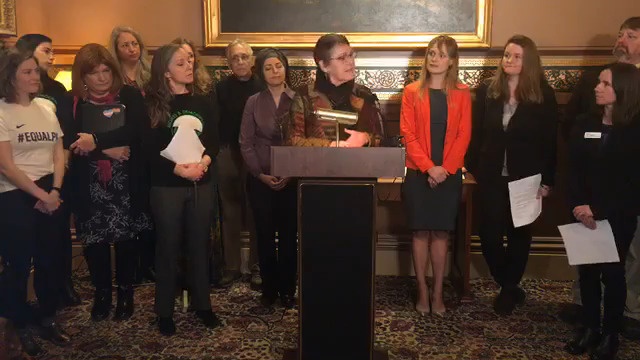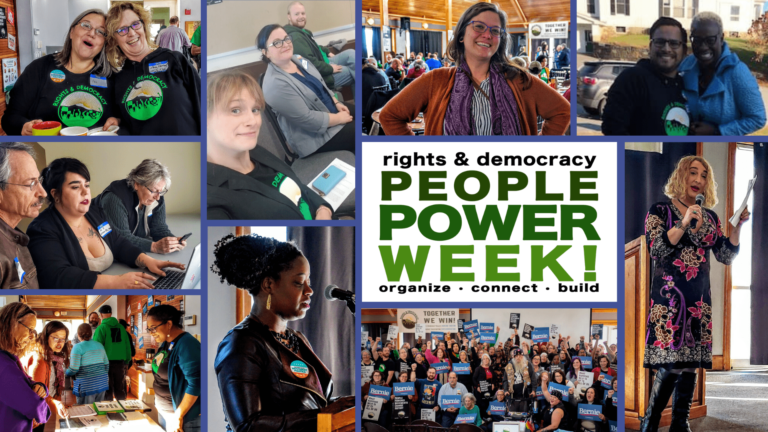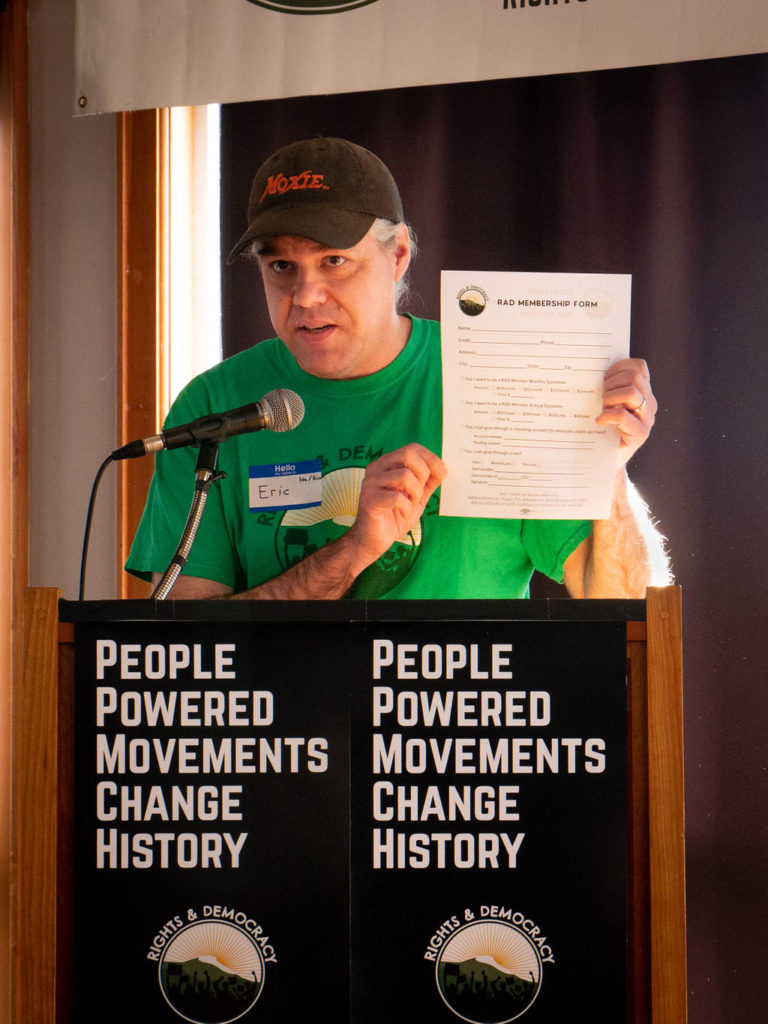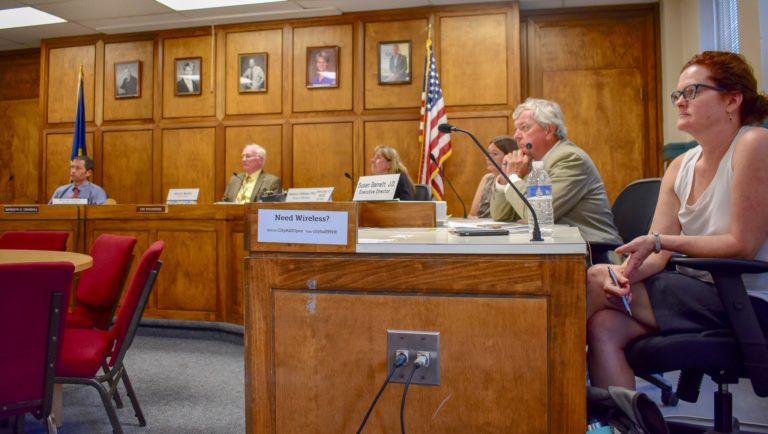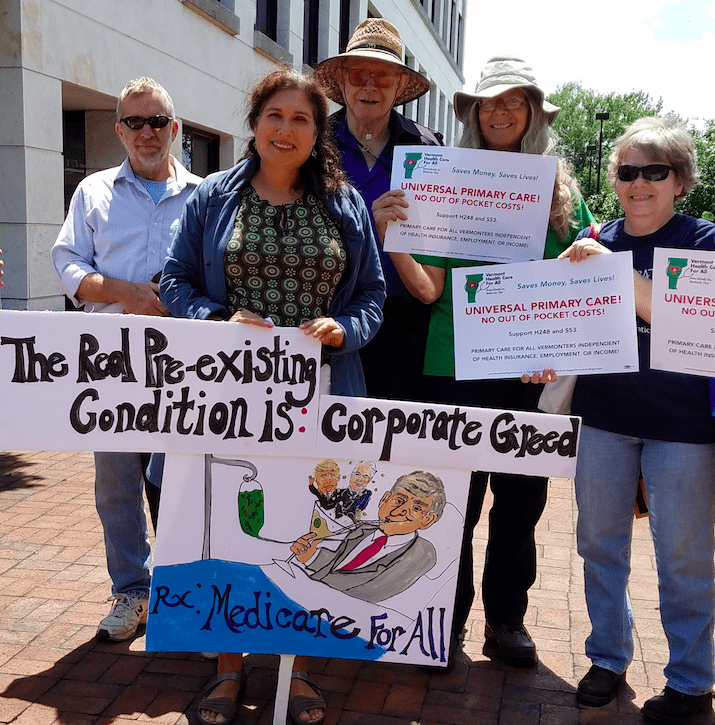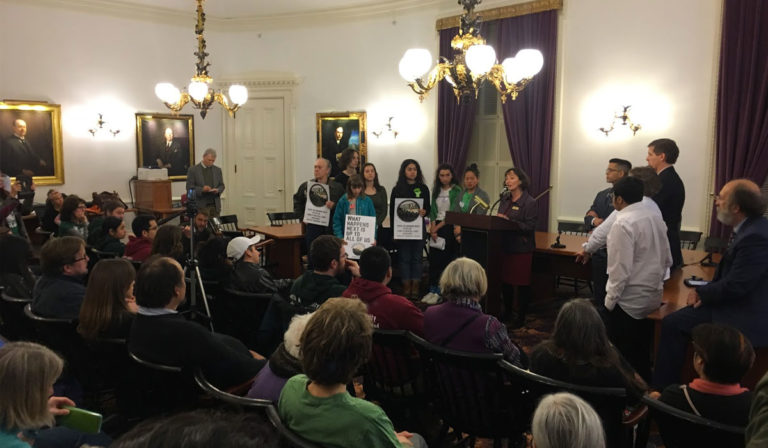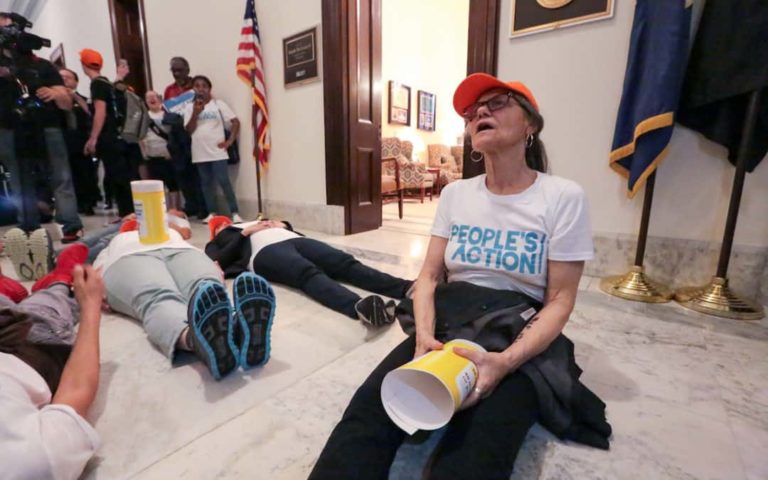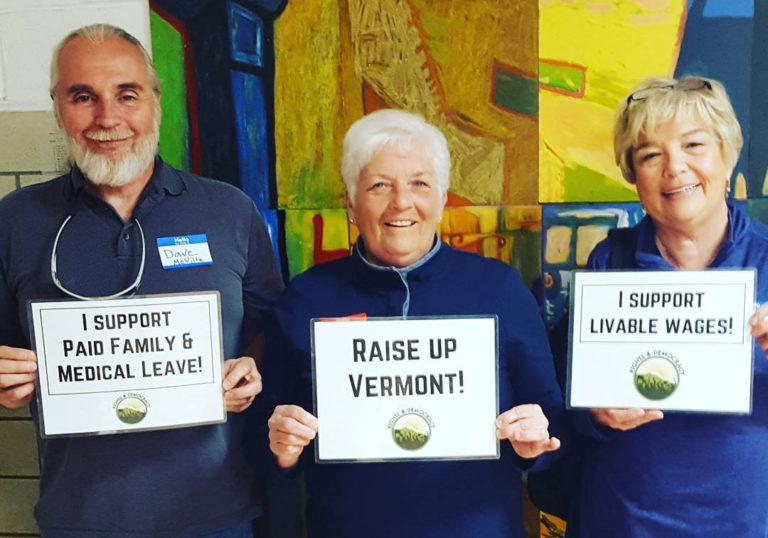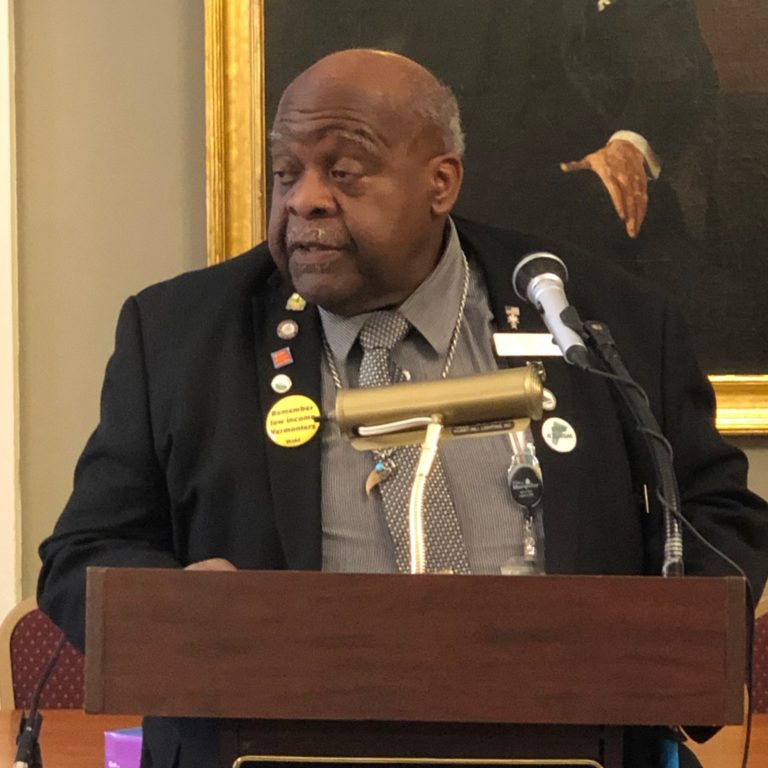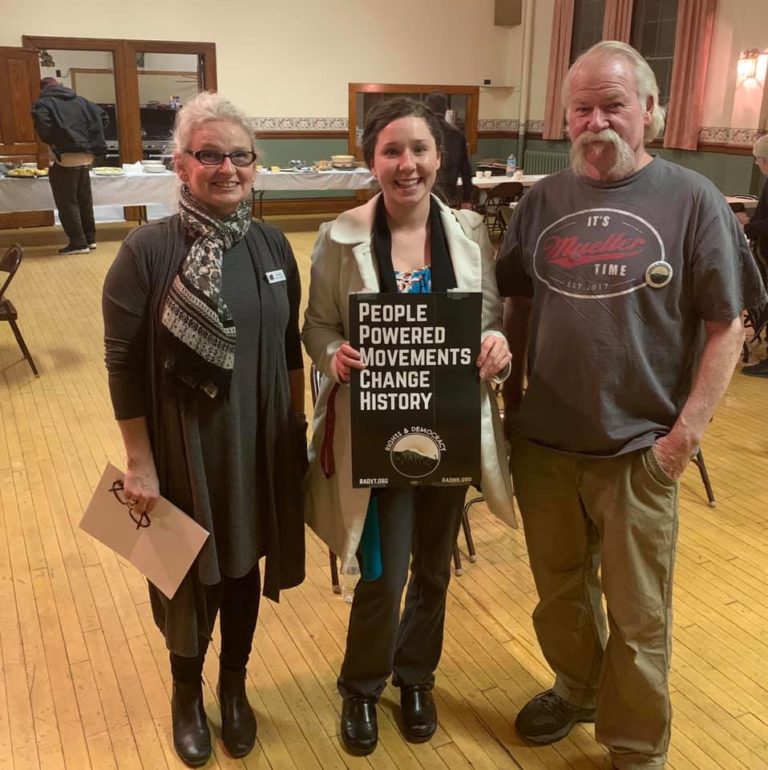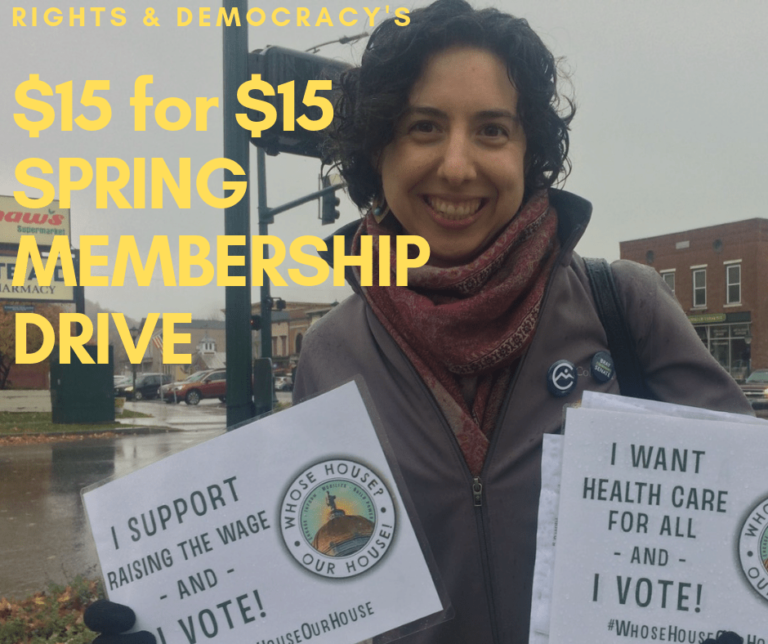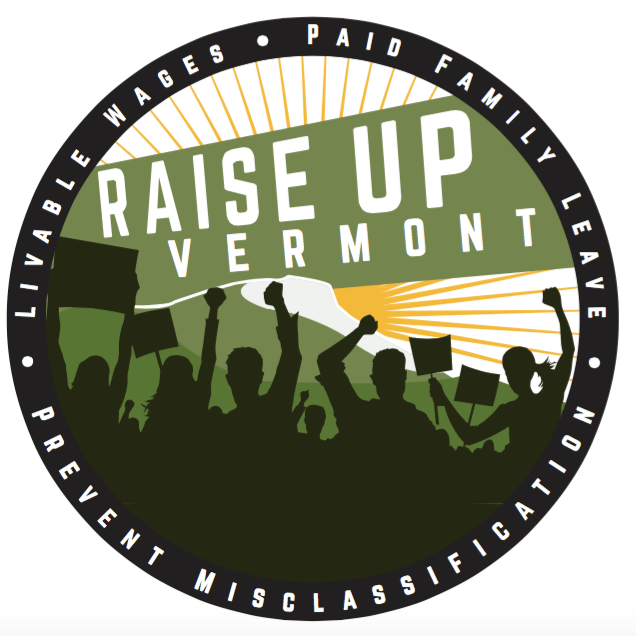
It’s time for legislators to improve the lives of everyday Vermonters by passing legislation that ensures economic equality and sustainable local economies.
That was the message this week from Vermont workers, business owners and community leaders.
Workers, business owners, and legislators called for raising the minimum wage to a livable wage, enacting paid family and medical leave insurance, protecting the rights of workers on the job, providing college-free tuition, and expanding access to child care and training for family-wage jobs, as well as other policies that force too many Vermonters to live on too little to support themselves or their families.
On late Thursday, the Vermont House passed H. 107, creating a paid family and medical leave insurance program, by a sizable margin of 92-52 (with some legislators absent).
“When folks know that their needs can be met, that their rights are protected, and that there might even be some breathing room, then, and only then can we have thriving communities,” said Rep. Emilie Kornheiser (D-Brattleboro), a first-term lawmaker, in her opening remarks to the more than 50 people gathered in Room 10.

With legislative super majorities, Lt. Gov. David Zuckerman said lawmakers would be rewarded for taking bold action on the economy and the climate — key takeaways he’s heard during a recent series of Town Halls sponsored by Rights & Democracy Education Fund.
“I have been going around the state and the turnout at these events has been strong as people are going out of their way to make sure we’re doing something in Montpelier that is creating an economy for all, and a climate economy for all today, but an economy and livable planet for all in the future,” said Lt. Gov. Zuckerman. “When we have the pressure to make good policy in this building come from the people we represent, then we should not wait. Because, if there is a two-year window to do bold things for working people and climate change – this is the time to do it.”
Workers who spoke at the event said it was imperative for legislators to increase the minimum wage and to not only protect workers’ rights to unionize, but remove barriers to making it happen more smoothly and efficiently.
“While I am currently working as a private French teacher, a bookseller and membership coordinator – my income is nowhere near what is needed to live in Central Vermont and to pay rent, food, heating and other basic needs,” said Elaine Stehel. “In this past month, I brought in about $1,100 despite working about 14 hours a day.”
Stehel added that an increased minimum wage to a livable wage will benefit older, college-educated working professionals as well as first-time workers and youth. And it will impact primarily women.
